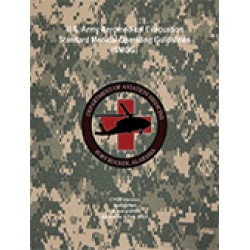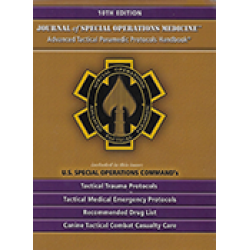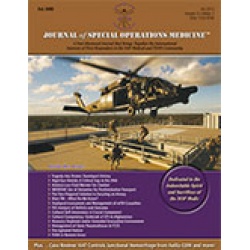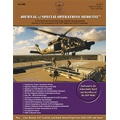Operator Training and TEMS Support: A Survey of Unit Leaders in Northern and Central California
Young JB, Galante JM, Sena MJ 13(3). 92 - 97 (Journal Article)
Background: Members of Special Weapons and Tactics (SWAT) teams routinely work in high-risk tactical situations. Awareness of the benefit of Tactical Emergency Medical Support (TEMS) is increasing but not uniformly emphasized. Objectives: To characterize the current regional state of tactical medicine and identify potential barriers to more widespread implementation. Methods: A multiple-choice survey was administered to SWAT team leaders of 22 regional agencies in northern and central California. Questions focused on individual officer self-aid and buddy care training, the use and content of individual first aid kits (IFAKs), and the operational inclusion of a dedicated TEMS provider. Results: Respondents included city police (54%), local county sheriff (36%), state law enforcement (5%), and federal law enforcement (5%). Results showed that 100% of respondents thought it was "Very Important" for SWAT officers to understand the basics of self-aid and buddy care and to carry an IFAK, while only 71% of respondents indicated that team members actually carried an IFAK. In addition, 67% indicated that tourniquets were part of the IFAK, and 91% of surveyed team leaders thought it was "Very Important" for teams to have a trained medic available onsite at callouts or high-risk warrant searches. Also, 59% of teams used an organic TEMS element. Conclusion: The majority of SWAT team leaders recognize the benefit of basic Operator medical training and the importance of a TEMS program. Despite near 100% endorsement by unit-level leadership, a significant proportion of teams are lacking one of the key components including Operator IFAKs and/or tourniquets. Tactical team leaders, administrators, and providers should continue to promote adequate Operator training and equipment as well as formal TEMS support


 English
English 




